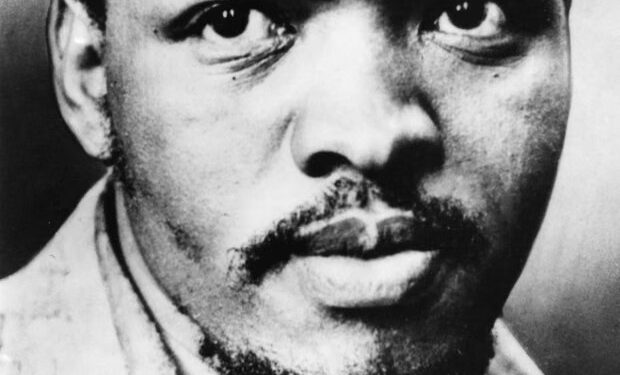South Africa has announced it will reopen the inquest into the death of anti-apartheid activist Steve Biko, nearly half a century after he died in police custody in 1977. The move follows mounting pressure from his family and civil society groups seeking accountability for one of the most infamous killings of the apartheid era.
A life cut short
Steve Biko, founder of the Black Consciousness Movement, was a leading voice against apartheid. His ideas inspired a generation of black South Africans to embrace pride, dignity and resistance in the face of systemic oppression. Arrested under apartheid’s draconian security laws, Biko was detained by police in Port Elizabeth in August 1977.
Over the following weeks, he was beaten, shackled and denied medical care. Suffering severe head trauma, he was transported more than 1,000 kilometres to a prison hospital in Pretoria, where he died on 12 September 1977 at the age of 30. His death provoked international outrage, galvanising global opposition to South Africa’s apartheid system.
A flawed inquiry
The inquest held shortly after his death accepted the police version that Biko’s injuries were self-inflicted during a scuffle. No one was prosecuted. During the Truth and Reconciliation Commission hearings in the 1990s, several police officers admitted to assaulting him, but were denied amnesty after providing contradictory accounts.
Despite this, successive governments failed to pursue criminal charges. The reopening of the case aims to determine whether there is sufficient evidence to hold individuals accountable.
The new inquest
The National Prosecuting Authority confirmed the inquiry will open at the Eastern Cape Division of the High Court in November 2025. Its purpose is to re-examine the circumstances of Biko’s death and to establish whether criminal responsibility can be assigned. For the Biko family, it represents a chance to correct the official record and to seek justice long denied.
National significance
The announcement comes amid a wider push in South Africa to revisit unresolved apartheid-era atrocities. President Cyril Ramaphosa has faced calls to accelerate prosecutions and to ensure families of victims receive recognition and closure.
While the passage of time poses challenges—witnesses may have died, and evidence may have deteriorated—the symbolic weight of reopening the Biko inquest is profound. It signals a renewed determination to confront the crimes of apartheid, even decades later.
A lasting legacy
Steve Biko’s death remains one of the starkest reminders of the brutality of apartheid. His philosophy of black pride and empowerment continues to resonate, shaping South Africa’s struggle for justice and equality.
Revisiting his case is not only about legal accountability; it is also about truth, memory and the nation’s ongoing quest to reconcile with its past.
REFH – Newshub, 13 September 2025




Recent Comments